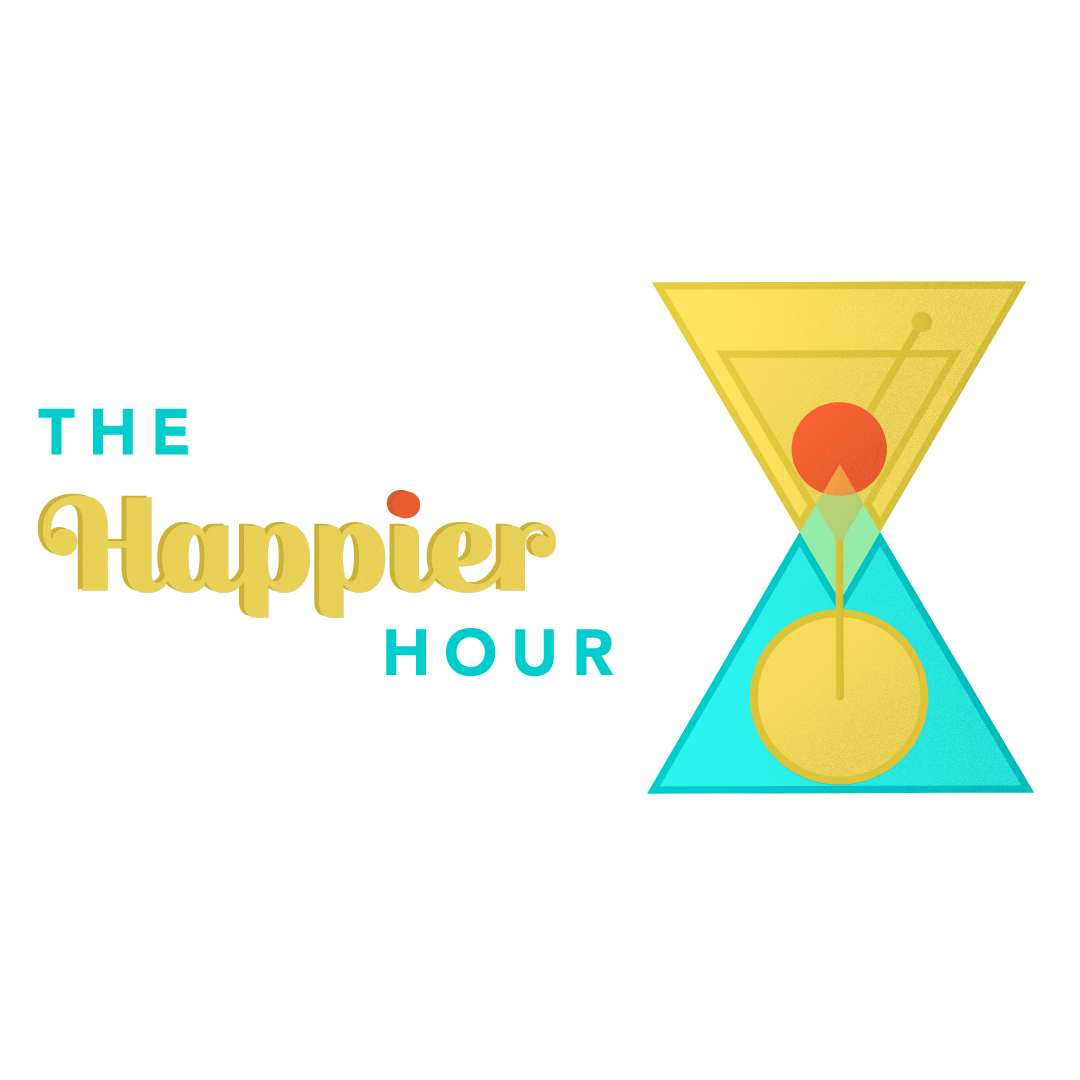#006 Resolutions Q&A: Plato, Seneca, and Camus Walk Into A Bar
“Resolve and thou art free.”
What the Stoics and Existentialists have in common, the difference between belief and truth, and why having a word of the year can help us focus on our goals. This audience Q&A episode wraps up two weeks of exploring philosophy and Resolutions. #TheHappierHour
Previous episodes on Resolutions:
#005 Just Your Imagination with Albert Camus and Rita J King
#003 Keep Calm and Carry On with Seneca and Massimo Pigliucci
#002 Beginnings with Plato and Dorie Clark
QUESTION 1: What do Existentialism and Stoicism have in common?
You own yourself. Your judgements and decision are morally yours.
Recognizing that the option of suicide is available. But if you decide to live (and we hope you do), you must decide how to live your best life and take actions towards that life.
Your decisions or your moral decisions alone.
QUESTION 2: What is the difference between belief versus truth, particularly in regards to Plato and "practical wisdom"?
- We must first be able to identify our own awareness of what is a belief versus a fact.
- The question today is we agree on a definition of proof?
- What do we know that an be commonly agreed upon?
- A call for "intellectual modesty "
- Silicon Valley is hiring ethicists as previously hypothetic questions become reality
QUESTION 2: What is your word for the year?
- Having a word for the year (or the rest of the year) can be helpful in aligning our resolutions with our values while maintaining our freedom
Massimo's word for 2018: Endure
Dori's word for 2018: Optimize
Rita's word for 2018: Authenticity
Monica's word for 2018: Prioritize
RESOURCES:
The Philosophy of Stoicism on TED-ED
QUESTION OF THE EPISODE:
“What is your word for the year, or the rest of the year?”
Photo Credit: Kenny Lozyniak

